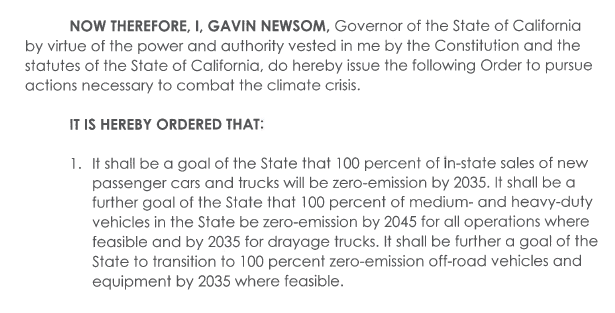I have begrudgingly come around to the same view as @drvox, at least in the U.S.
My biggest surprise? The *exact same* political games that undermine public policy implementation are happening in the private sector, too.
My biggest surprise? The *exact same* political games that undermine public policy implementation are happening in the private sector, too.
https://twitter.com/drvox/status/1290717118535671809
I'm cautiously optimistic that at least some companies will set a high bar and demand better outcomes than we see in the public sector.
(Other firms are looking to greenwash instead, as are some governments that fail to follow through on bold climate announcements.)
(Other firms are looking to greenwash instead, as are some governments that fail to follow through on bold climate announcements.)
The problem is that the constituency for quality in climate policy is weak, so both public and private leaders can satisfy public demands with hollow pledges.
Showing how to overcome the quality problem in one sector will not only create a constituency, but also a model for the other sector to follow.
That's why building a serious coalition for climate quality in the private sector will help, not hurt, the public policy discussion.
That's why building a serious coalition for climate quality in the private sector will help, not hurt, the public policy discussion.
• • •
Missing some Tweet in this thread? You can try to
force a refresh






